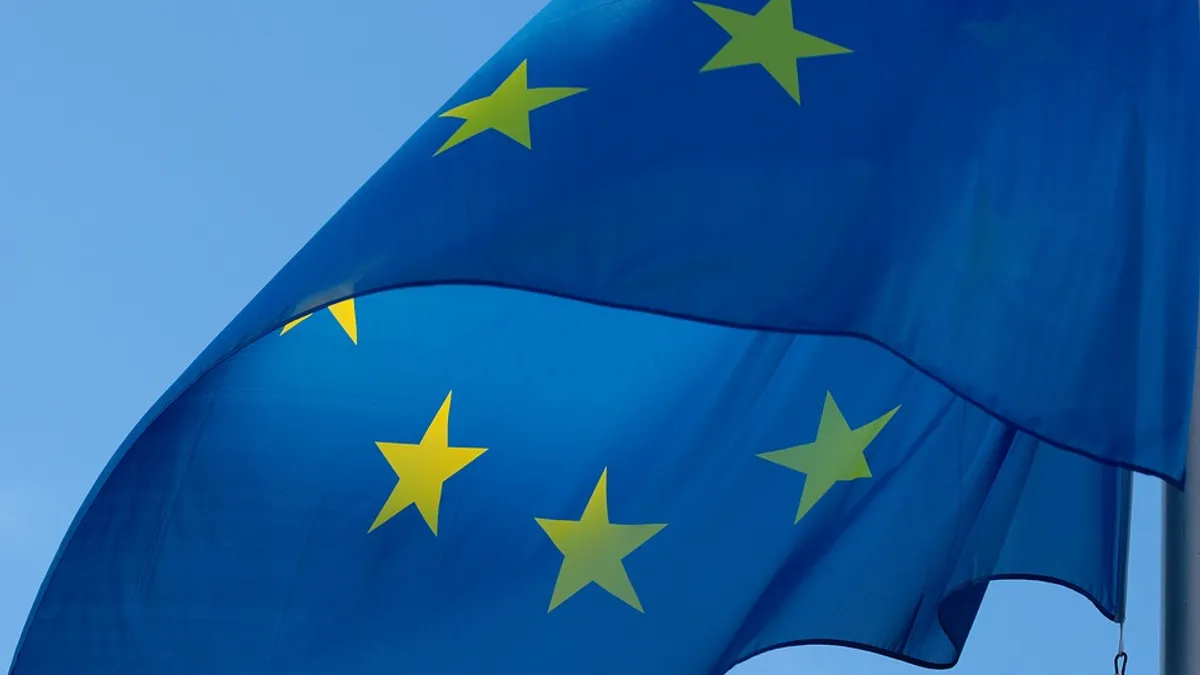Dive Brief:
- The European Commission has adopted a long-term climate plan that calls for the European Union (EU) to become the first major "climate neutral" economy by 2050. The transition will encompass all areas of the economy in a cost effective and socially fair manner so no region is left behind.
- The plan presents eight scenarios to reduce greenhouse gas emissions (GHGs). Strategies focus heavily on the energy sector because energy is responsible for 75% of the EU's GHGs, the report says. All of the scenarios indicate a rise in energy consumption, but they rely more heavily on alternative fuels and energy storage.
- The plan puts high importance on implementing strategies in cities because 75% of the EU's population lives in urban areas. It points to low-carbon urban mobility options as a key element.
Dive Insight:
"Climate neutrality" isn't a term that has infiltrated the mainstream yet, but it's a known strategy in sustainability circles. It's similar to the well-used term "carbon neutrality" but it is more all-encompassing and recognizes that other GHGs besides carbon contribute to climate change. Climate neutrality plans involve drastically reducing emissions and offsetting those that are produced in ways such as planting trees.
The European Commission says the EU is responsible for 10% of global GHG emissions, and this long-term strategy will help achieve the goals of the Paris Agreement, which are also in line with UN Sustainable Development Goals.
The EU as a whole is on board with the Paris Agreement, but there is some dissent within individual countries. Even countries that are taking action to meet sustainability goals are falling short in some areas. For example, in a related report released this fall, the European Commission revealed that nearly half of EU member countries are at risk of missing their 2020 recycling targets.
The climate neutrality report says countries need to act together to protect their citizens and their economies from climate change. It indicates that pollution and rising temperatures affect prosperity in a variety of ways from worsening citizens' health to degrading agricultural capabilities.
Although the report presents strategies that will be government-driven within each country, the execution must be primarily citizen-driven. "Most of the investments needed to put the EU on a climate neutral path will come from individuals or private companies," the report states.
Low-carbon urban mobility is one of the main areas identified as having potential for improvements. "City planning, local public transport, safe cycling and walking paths, new delivery technologies, 'mobility as a service' such as car and bike sharing services, and alternative working schemes such as teleworking will all alter the ways in which people and goods move from one place to another" and thus contribute to climate neutrality and better quality of life for citizens, the report states.












